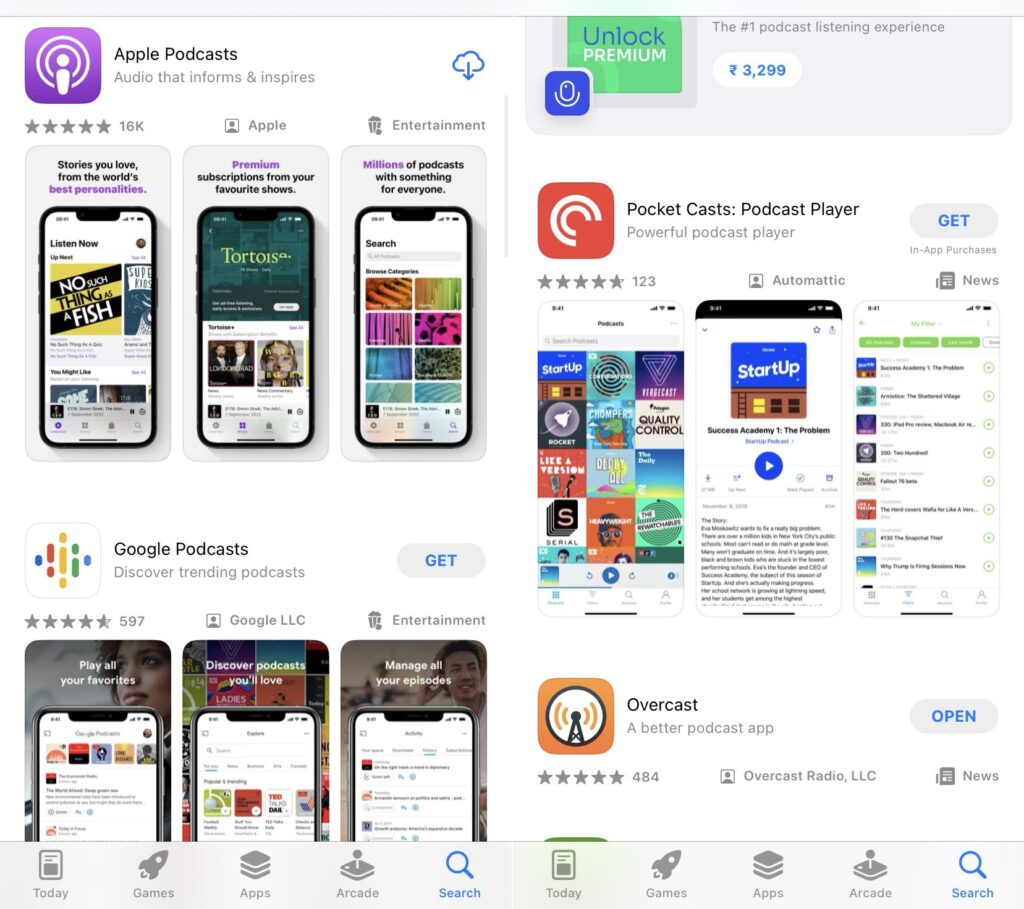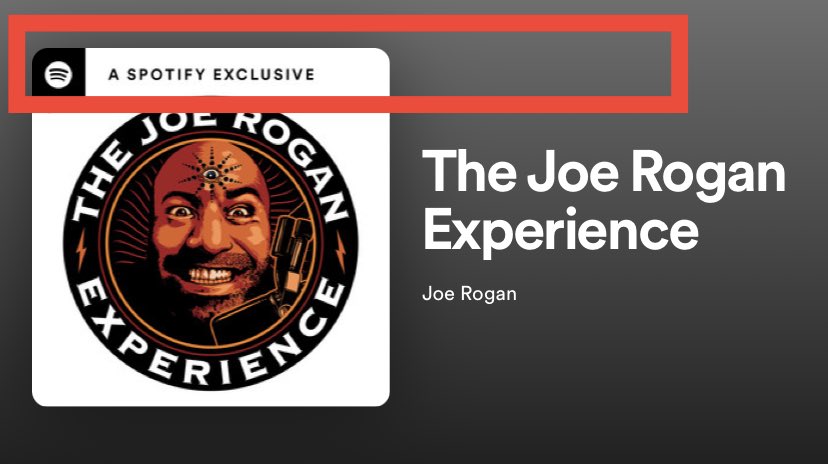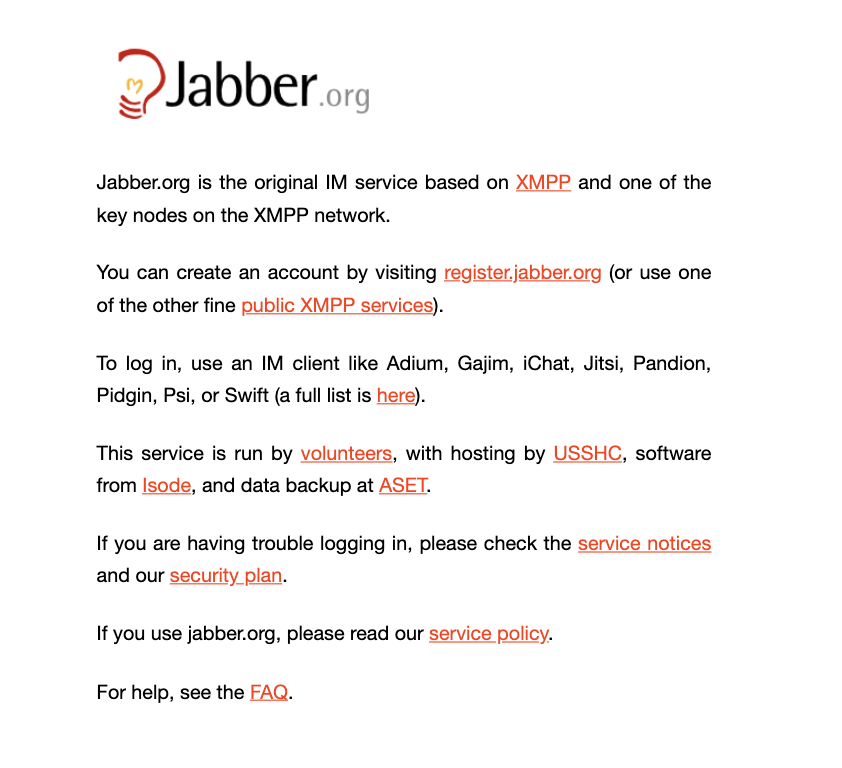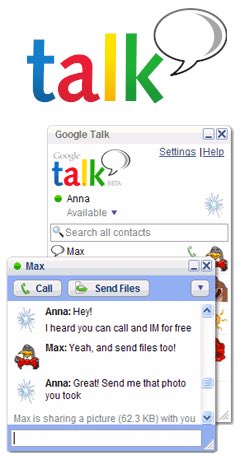When a podcast host says, “Subscribe wherever you get your podcasts,” they refer to a key aspect of this medium. Currently, the processes of creating, publishing, and discovering podcasts are inherently open.
By open I mean anyone has the ability to create a podcast and distribute it through various directories, such as Apple’s and Google’s. Listeners can use their preferred podcast app to find, subscribe, and listen to podcasts. Look at the variety on the Apple App Store:

This stands in contrast to Spotify’s approach, where they’ve introduced a comprehensive podcast ecosystem. This includes exclusive agreements with creators like Joe Rogan, resulting in podcasts available only on Spotify, inaccessible through apps like Overcast.

Similar to email, podcasts remain among the few mainstream Internet media forms that maintain an open structure, enabling unrestricted creation of content and consumer experiences.
However, we shouldn’t take for granted that podcasts will always thrive within this open ecosystem of multiple catalogs, discovery engines, and apps. XMPP serves as a cautionary example.
Amidst today’s plethora of messaging apps, it’s easy to overlook that in the late 1990s and 2000s, any application could communicate with other chat platforms as long as they adhered to the open XMPP standard, with one popular variant known as Jabber.

Even Google’s former chat application, Google Talk, was an XMPP-based service. Consequently, users could choose from a variety of apps, including early mobile options, to connect with the service before Google launched its own app on new platforms.
Those days of chat apps working seamlessly together are gone. Email & podcasts remain open, both even experiencing a recent renaissance – but it isn’t guaranteed.
The object of this post is more to build awareness than prescribe specifics – that’s later.

